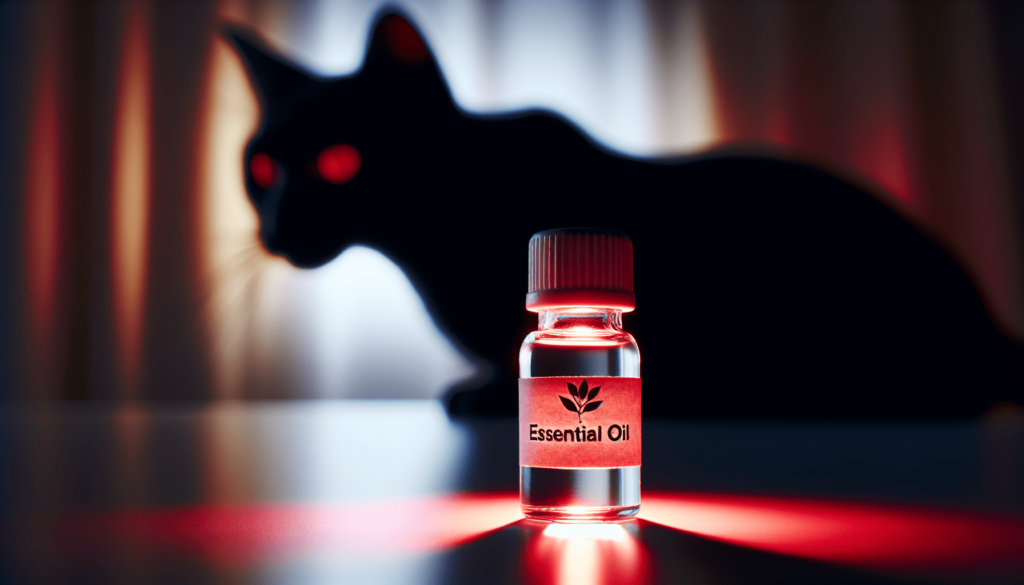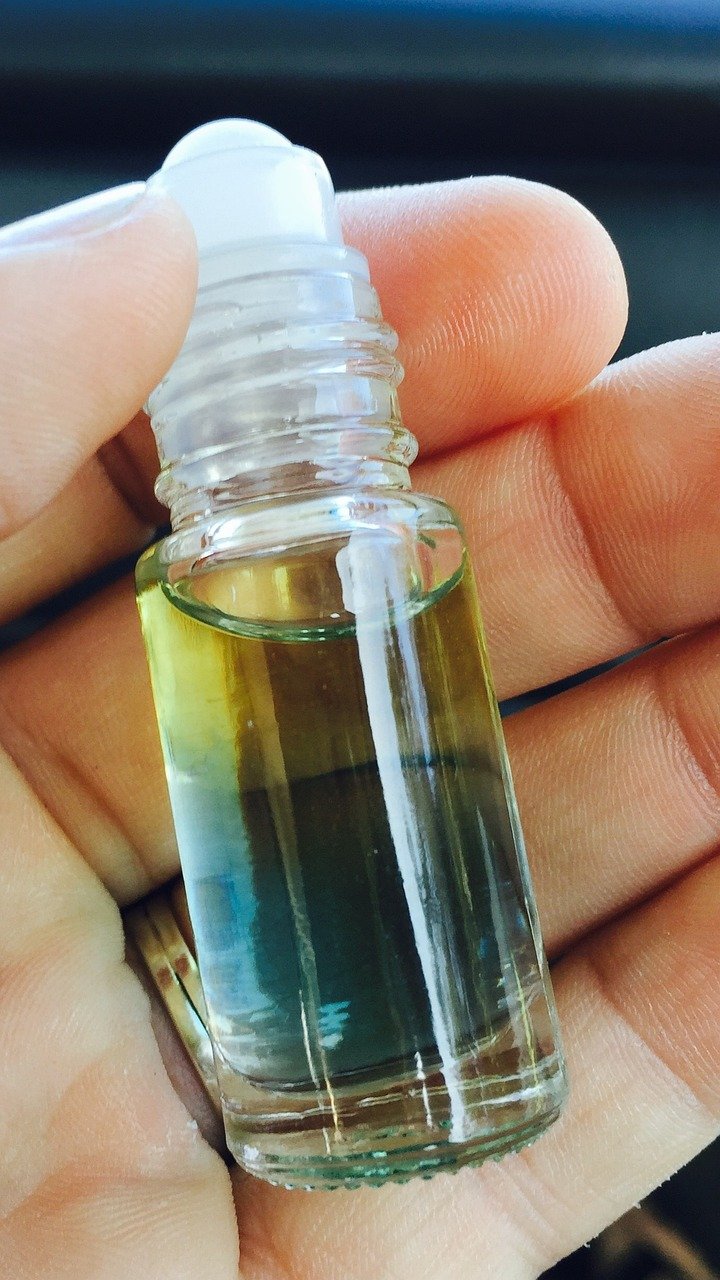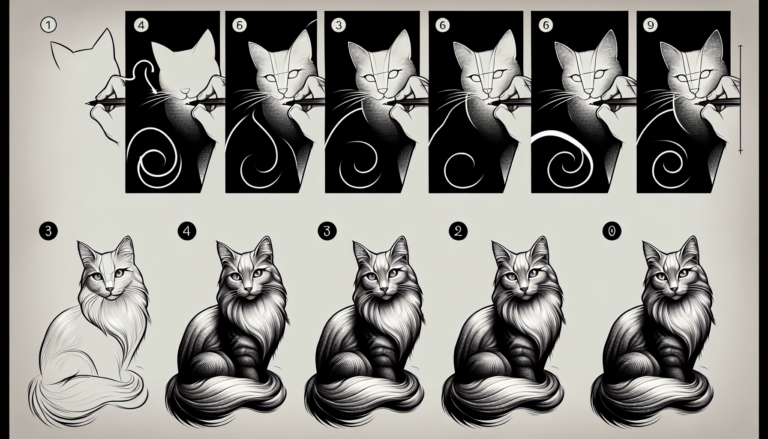Are Essential Oils Safe For Cats
Hey there! Have you ever wondered about the safety of using essential oils around your feline friend? In this article, we will explore whether essential oils are safe for cats and provide some helpful tips on how to ensure your furry companion stays happy and healthy. Let’s dive in and learn more about this important topic together! Are you curious about the use of essential oils around your feline friend? Many pet owners wonder if essential oils are safe for cats, as these oils have become increasingly popular for their various therapeutic benefits. In this article, we will explore the safety of essential oils for cats, potential risks to be aware of, and best practices for utilizing these oils around your furry companions.

Understanding Essential Oils and their Potential Benefits for Cats
Essential oils are highly concentrated plant extracts that are used in aromatherapy and other holistic practices for their therapeutic properties. These oils are often used to promote relaxation, reduce stress, improve mood, and even alleviate certain health conditions in both humans and animals. When used correctly, essential oils can offer an array of benefits for our feline friends.
Before deciding whether essential oils are safe for your cat, it’s essential to understand their potential benefits. Essential oils can be used to create a calming environment for cats, alleviate anxiety, support respiratory health, repel insects, and even help with minor skin irritations. When used properly and in moderation, these oils can be a valuable addition to your cat’s wellness routine.
Benefits of Essential Oils for Cats
Using essential oils in a diffuser or through topical application can provide a multitude of benefits for your feline companion. From calming anxiety to repelling pests, these oils can support your cat’s overall well-being.
If you’re considering incorporating essential oils into your cat’s routine, it’s essential to choose oils that are safe for feline use. Some essential oils can be toxic to cats and should be avoided at all costs. It’s crucial to do your research and consult with a veterinarian before introducing any new oils to your cat’s environment.
Understanding the Risks of Essential Oils for Cats
While essential oils can offer numerous benefits for cats, there are also potential risks associated with their use. It’s crucial to understand these risks to ensure the safety and well-being of your feline friend. Some essential oils are toxic to cats and can cause adverse reactions when ingested, inhaled, or applied topically.
Risks of Toxicity in Cats
Certain essential oils contain compounds that can be harmful or even fatal to cats. Cats lack a specific liver enzyme that aids in metabolizing these compounds, making them more sensitive to the toxic effects of certain oils. Oils that are high in phenols, ketones, and monoterpenes are particularly dangerous for cats and should be avoided altogether.
When using essential oils around your cat, it’s essential to be mindful of the quality of the oils, the method of application, and the concentration used. Always dilute essential oils properly and avoid prolonged exposure in confined spaces. If you notice any signs of toxicity in your cat, such as drooling, lethargy, vomiting, or difficulty breathing, seek immediate veterinary care.

Essential Oils to Avoid with Cats
To ensure the safety of your feline companion, it’s crucial to avoid certain essential oils that are known to be toxic to cats. These oils contain compounds that can cause adverse reactions or poisoning when ingested, inhaled, or applied topically. Here are some essential oils to steer clear of if you have cats in your household:
| Toxic Essential Oils for Cats |
|---|
| Tea Tree Oil |
| Peppermint Oil |
| Citrus Oil (Lemon, Orange, Lime) |
| Eucalyptus Oil |
| Clove Oil |
It’s important to note that this list is not exhaustive, and there may be other essential oils that can be harmful to cats. Always do your research and consult with a veterinarian before using any essential oils around your feline friends.
Safe Alternatives to Consider
While some essential oils are off-limits for cats, there are plenty of safe alternatives that can be beneficial for your furry companions. Low-risk essential oils, such as lavender, chamomile, and frankincense, can be safely used around cats when diluted properly and used in moderation. These oils can promote relaxation, reduce stress, and support overall well-being without posing a risk of toxicity.
To ensure the safety of your cat, always choose high-quality, therapeutic-grade essential oils from reputable sources. Consider consulting with a holistic veterinarian or animal aromatherapist for guidance on choosing safe essential oils for your cat’s specific needs.
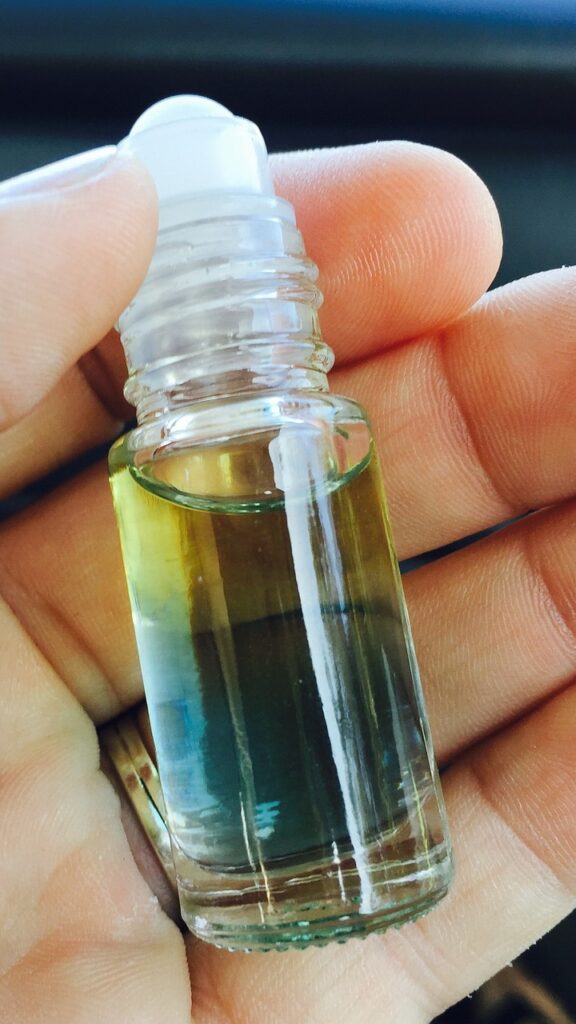
Best Practices for Using Essential Oils Safely Around Cats
If you’re considering using essential oils around your cat, it’s essential to follow best practices to ensure their safety and well-being. By taking the necessary precautions and using oils responsibly, you can enjoy the therapeutic benefits of essential oils while minimizing the risks to your feline companion.
Tips for Using Essential Oils Around Cats
- Always dilute essential oils properly before using them around your cat. Cats are more sensitive to strong scents and compounds, so diluting oils with a carrier oil can reduce the risk of adverse reactions.
- Avoid direct contact with your cat’s skin or fur when applying essential oils. Instead, diffuse oils in the air or use a spray bottle to mist diluted oils around your cat’s environment.
- Monitor your cat’s behavior and reactions when introducing essential oils for the first time. If your cat shows signs of discomfort or distress, discontinue use immediately.
- Keep essential oils stored safely out of reach of your cat to prevent accidental ingestion or exposure. Ensure that your cat cannot access diffusers, open bottles, or other sources of concentrated oils.
- When diffusing essential oils, ensure proper ventilation in the room to prevent excessive exposure. Open windows or use a fan to disperse the scent and allow your cat to retreat to a well-ventilated area if needed.
By following these best practices, you can safely enjoy the benefits of essential oils while keeping your feline friend protected from potential risks.
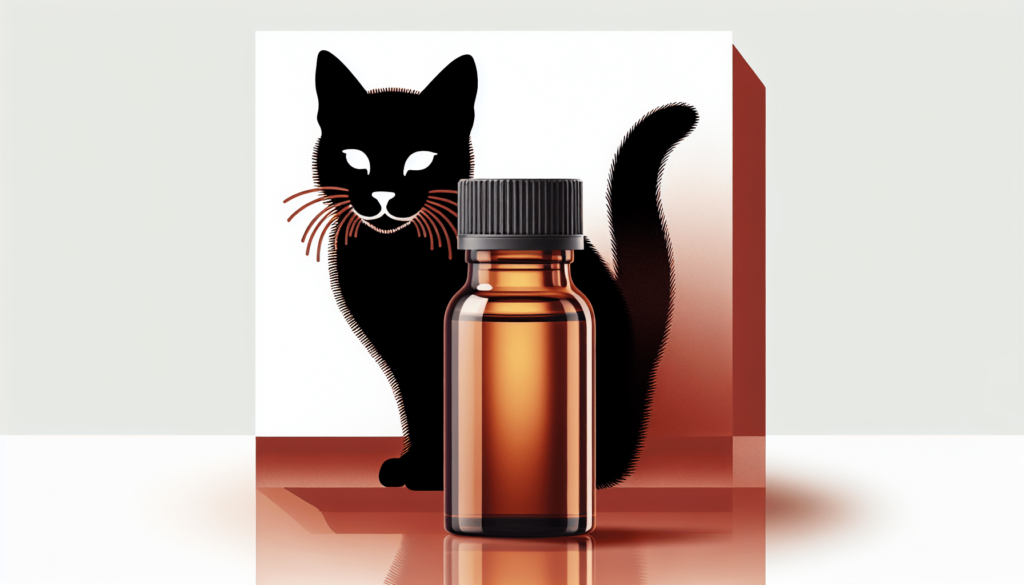
Conclusion
In conclusion, essential oils can offer a range of benefits for cats when used responsibly and with caution. While some essential oils can be toxic to cats and should be avoided, there are safe alternatives that can support your cat’s well-being and enhance their quality of life. By understanding the risks, choosing safe oils, and following best practices, you can safely incorporate essential oils into your cat’s routine for a happier and healthier pet. If you have any concerns or questions about using essential oils around your cat, consult with a veterinarian or animal aromatherapist for personalized guidance.
